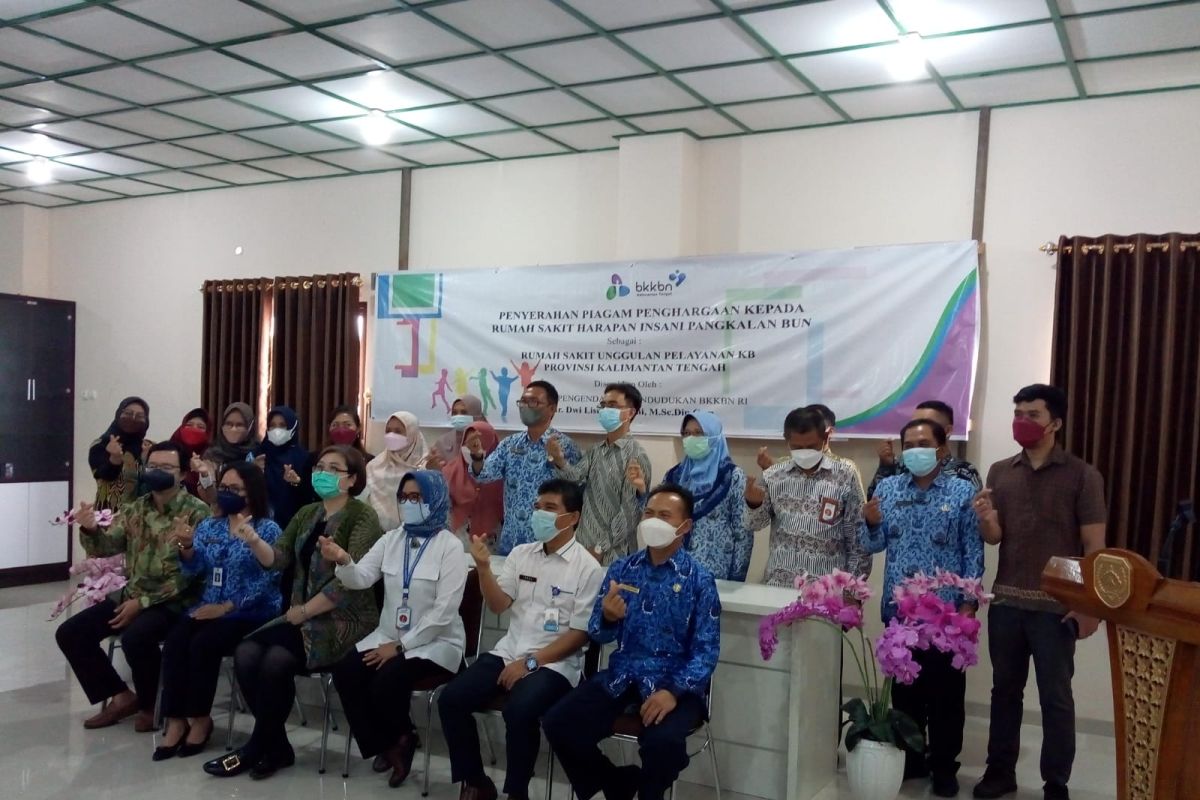There will no longer be any problem in accessing family planning services anywhere as long as the human resources in hospitals and health facilities have the competency.Jakarta (ANTARA) - The National Population and Family Planning Agency (BKKBN) has modified the family planning service program in hospitals to improve the public's interest in using contraception, the agency's population control acting deputy, Dwi Listyawardani, has said.
"The financing for family planning services has been dealt by health facilities without passing through the referral mechanism," she noted in an official statement released by BKKBN that ANTARA received here on Friday.
Currently, hospitals can carry out family planning services with BKKBN bearing the cost through the Family Planning Operation Cost (BOKB) mechanism, she said.
The budget for BOKB will be placed in the budget of the district or city Family Planning Regional Governmental Apparatus Organization (OPD), she informed.
The modification was done after BKKBN revived the use of family planning in hospitals in response to many people evincing interest in receiving family planning services, Listyawardani said.
People have been encountering difficulty in accessing family planning service centers, especially those living in regions, she noted.
According to BKKBN data, 30 percent of people are using oral contraceptives, 40 percent injections, 2 percent vasectomy, 10 percent IUDs (intrauterine devices), 15 percent implants, and 5 percent tubectomy for family planning.
"There will no longer be any problem in accessing family planning services anywhere, as long as the human resources in hospitals and health facilities have the competency," Listyawardani affirmed.
Related news: BKKBN, Mozambique Embassy collaborate to tackle stunting
To realize this competency, BKKBN organized national training for 40,000 doctors and midwives from 2011 to 2015, she informed.
The training aimed to improve their competency in providing family planning services using Long-Term Contraception Methods (MKJP), she said.
In addition, BKKBN is developing the Gandarusa contraceptive pill for men, which is now in the clinical trial phase, while also developing a family planning pill with many benefits, she said.
The acting deputy expressed the hope that through these efforts, the number of family planning participants will increase and the program will cover more areas.
She said she also expected that the paradigm surrounding the concept of building a family will change.
If the paradigm changes, BKKBN's target to have 70 percent of mothers using contraceptives after labor could be achieved, she said adding, it could also help check the rise in stunting rate.
"At least, 70 percent of mothers after labor, when they return home, should already be wearing family planning. Whatever the methods are. At least, they bring pill as contraception before they wear MKJP," Listyawardani expounded.
Before this modification, family planning services were provided in hospitals through a referral mechanism, which resulted in a drastic decrease in these services, she said.
Related news: Jokowi approves recruitment of 4,000 new family planning instructors
Translator: Hreeloita S, Fadhli Ruhman
Editor: Rahmad Nasution
Copyright © ANTARA 2021












